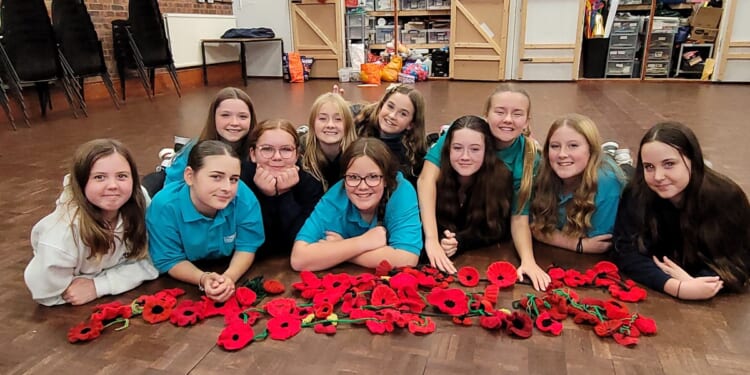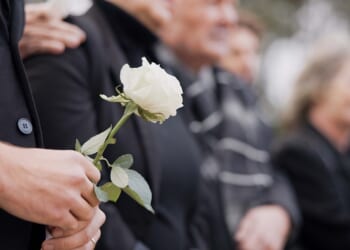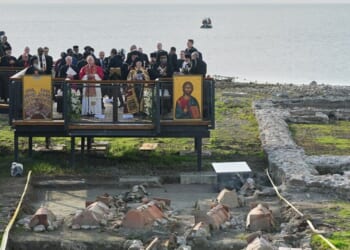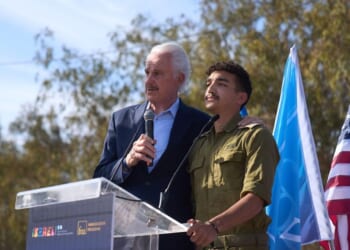GIRLS and young women from military families are to benefit from a joint initiative of the Girls’ Brigade and the Methodist Church that recognises the unique nature of military life.
The Girls’ Brigade has appointed a dedicated military-families worker, Hazel Adamson, who is part of such a family. She will oversee the setting up of five new groups, each with up to 30 children and young people, attached to a local church. This will provide “a safe and welcoming space to make friends and learn new things — which is so important when times are uncertain”, Ms Adamson says.
“We understand being part of a military family can include constant moving, making it difficult for young people to build a stable friendship group and grow their roots,” Dr Andrew Wood, of the Methodist Church Forces Board, says.
“As a nation, we owe a great debt to our armed forces personnel. One small way the Methodist Church is paying them back is to look out for their families whilst they look out for us. We’re excited about the difference this project with the Girls’ Brigade will make.”
Military families experience parental deployments, periods of non-deployment separation, heightened mobility, and the risk of parental injury, or bereavements, during service. Seventy-eight per cent of service families have children, 71 per cent of whom are under 18, and 32 per cent are under five. Almost one quarter of the families live apart during the working week.
A 2021 report from the Naval Children’s Charity cited the challenges and struggles of parental deployment as including “increased household responsibilities, more intense emotions, anxiety for the well-being of their parent, missing their parent. It is intensified by missed traditions or events — all factors the project seeks to alleviate.”
The project will focus on areas, including Salisbury Plain, Andover, and Carterton, where a high volume of Navy, Army, and Air Force service personnel are stationed. “Girls’ Brigade groups can provide girls and young women with an inspiring and nurturing community, supporting them through all the changes that are part of military life,” Dr Wood said.

















